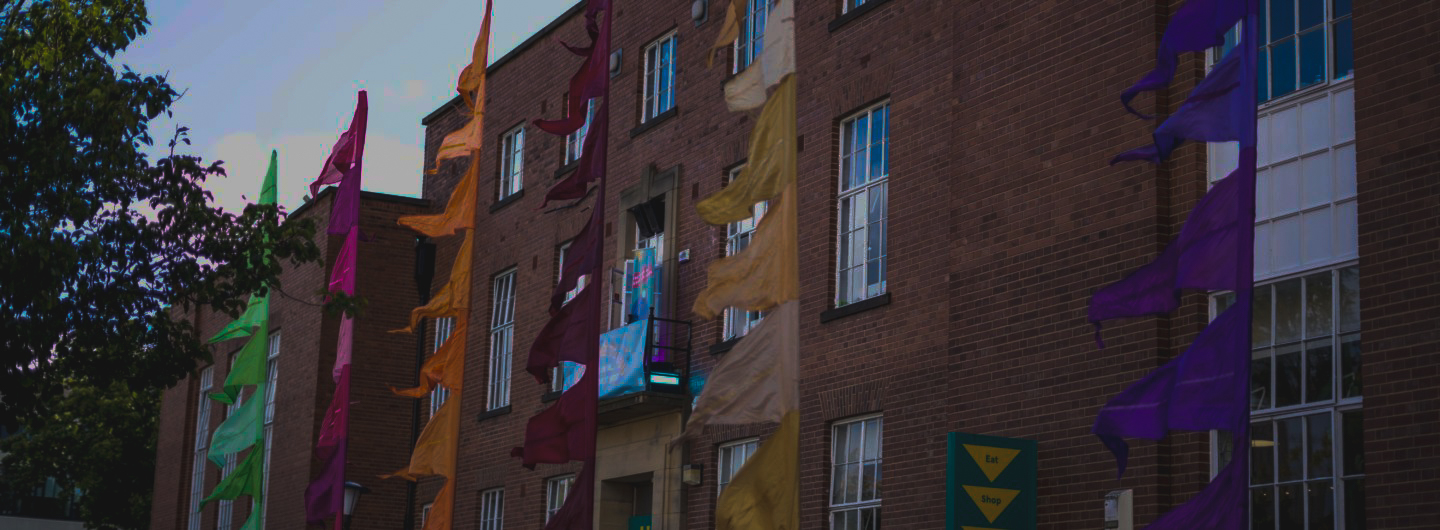
What is Academic Misconduct
What is Plagiarism and Academic Misconduct
The University defines plagiarism as presenting someone else's work as your own, including text, data, images, sound and performance.
This can include a number of things, such as:
- Work which takes ideas from a source you have not referenced
- Work which directly quotes another source without referencing correctly
- Work which is copied from another student
- Work which comes from working with another student, when you are not allowed to - this is called Collusion
- Reusing your own work, except where this is allowed and correctly referenced
- Getting help with your work, including proofreading
- Work which is written by someone else. If you have paid for this, or obtained it from a site such as Chegg this is sometimes called Contract Cheating
- Falsifying data or research results or using someone else’s research results instead of your own
It does not matter if you plagiarised accidentally or deliberately, the procedure and potential results are the same. Often plagairism is due to making mistakes with your work, but it is still treated the same.
The same procedure also covers cheating in examinations.
FAQs
What are the likely penalties for plagiarism?
The penalties will vary depending on the case. First offences which are less serious may result in a warning (in foundation or level one) or a requirement to resit for a capped mark. Further offences or serious offences such as Contract Cheating may result in exclusion.
How much Similarity is acceptable?
There is no acceptable amount of plagiarism. Not everything that is flagged as similar will be plagiarism if it is referenced correctly. An assignment may have a relatively high amount of similarity and not contain plagiarism (but it would not be a very well written assignment). Even a very minor amount of similarity could indicate work that is not your own, and you can still plagiarise by presenting someone else's work as your own without using their words.
How much can I work with my friends, or share ideas?
There is no rule against discussing your work, or even showing it to someone, but this is usually not the best idea. It is very easy to use someone else's work if you have access to it, and this will be seen as misconduct. As a guideline, it is useful to talk about your learning and share ideas, but do not do this in relation to specific assignments once you have received the questions and started working on them.
What happens if I am accused of plagiarism?
Your school will invite you to a meeting to investigate. See our page about Your School Meeting to read about what will happen
I paraphrased the source but it is still being treated as plagiarism?
Changing the words in a text is not true paraphrasing. This is still someone else work, just with different words. Paraphrasing is rewriting the text as you would describe it.
The text is a fact or a definition and I could not change it?
All facts or definitions were discovered or written by someone. Only most basic and common knowledge that anyone would know even if they have not studied the subject in detail would normally not need a source (for example, "the sky is blue", "humans are animals"). If you cannot reword a technical term or definition you must quote it correctly.
